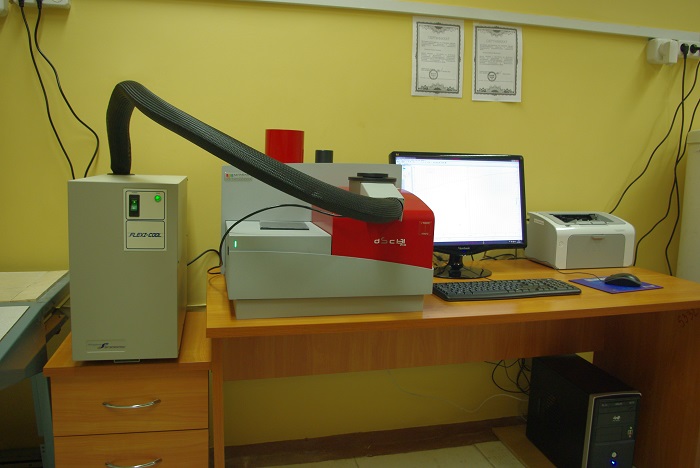The Department was founded in 1956
Summary
Contact
  |
 |
Krasnokazarmennaya 17, В-104, Moscow, 111250, Russia
|
 |
+7 495 362-71-49, +7 495 362-70-40
|
 |
ShcherbatovIA@mpei.ru |
The Department of Heat and Mass Transfer Processes and
TM Installations is one of the leading departments in the Russian heat
engineering field.
One of the main directions of its activity is the
training of scientific personnel and specialists at various levels in the field
of industrial heat power engineering and power supply of enterprises.
The department has experience of cooperation with many
Russian and foreign enterprises and companies working in this field. Graduates
of the department have practical training and work in design organizations, at
industrial enterprises involved in the operation, design, supply and
installation of heat and mass transfer equipment for heating, ventilation and
air conditioning systems.
Since its founding in 1956, the department has been
training personnel in the field of industrial heat power engineering and energy
supply of enterprises. Students studying in this specialty study thermal power
plants, boiler rooms, heat exchange and heat technology equipment of
enterprises, heating networks and much more.
The department trains specialists in the field of
research, development, design and operation of thermal power and heat-using
equipment, systems and installations of artificial climate, energy saving and
industrial ecology.
One of the main directions of its activity is the
training of scientific personnel and specialists of various levels in the field
of industrial heat power engineering and energy supply of enterprises.
The department has experience of cooperation with many
Russian and foreign enterprises and companies working in this field. Graduates
of the department have practical training and work in design organizations, at
industrial enterprises involved in the operation, design, supply and
installation of heat and mass transfer equipment for heating, ventilation and
air conditioning systems.
Scientific research in industrial heat and power
engineering, thermal physics and energy saving at enterprises and social
facilities is carried out by graduate students of the TMPU department on
multifunctional laboratory stands under the guidance of highly qualified
teachers. The equipment for automation of experimental researches of firm
"International Instruments" is used. The results are processed using
the LabView software package. An important traditional area of scientific
work of the department is the physical and mathematical modeling of
hydrodynamic processes, heat and mass transfer in complex technical objects. In
this case, advanced software systems ANSYS FLUENT, PHOENICS and
high-performance computer equipment are used.
Research areas
- Investigation of heat and mass transfer processes in the process of utilization of the heat of moist gases leaving power and technological installations.
- Development of methods for calculating the accumulation of heat in the soil and building structures of buildings. Development of heat accumulators.
- Optimization of heat exchange equipment and heating devices.
- Study of hydrodynamics and heat transfer processes in pulsating flows.
- Improving freeze drying processes and equipment.
- Improving the energy efficiency of production processes and engineering systems of the building.
Recent projects
- Scientific basis for assessing the reliability of Russian electric power facilities in the face of climate change. The work was carried out in 2021. as part of an assignment from the RNF. Organization-recipient of the results: JSC "ENIN", PJSC "Rosseti"
- Scientific basis for evaluating the
effectiveness of international climate protection policy. The work was carried
out in 2021. within the framework of the assignment from RFBR. Recipient
organization: Russian Academy of Sciences, State Duma, Ministry of Economic
Development
- Determination of factors and the nature of
their influence on the cooling and heating capacity of fan coil units that
ensure the operation of the air conditioning system in the required mode. The
work was carried out in 2019.
- Determination of the optimal/rational modes
of operation of the ventilation and technological air conditioning system in
the refrigeration center based on numerical simulation. The work was carried
out in 2017.
- Study of the characteristics of ventilation
(climatic) equipment and development of a methodology that determines their
reliability and the possibility of functioning in the required mode of the
"Multifunctional Complex". The work was carried out in 2017.
- Analysis of the physical and thermal
processes that accompany the transfer of heat through double-glazed windows
with heated glass. Development of an engineering method for calculating the
required power and the creation of tables for the selection of panels from
electrically heated glass. The work was carried out in 2017.
- Grant of the Ministry of Education and
Science of the Russian Federation for 2014-2016. "Development and
experimental justification of methods and techniques for determining the
hydrodynamic parameters of pulsating fluid flows in complex microchannel
structures"
- Grant of the Ministry of Education and
Science of the Russian Federation for 2012-2013. "Research of heat and
mass transfer processes in the elements of two-phase pulsating heat pumps in
order to increase their performance and energy efficiency in heating and
cooling systems"
- Grant of the Ministry of Education and
Science of the Russian Federation for 2012-2013. "Development and
improvement of promising systems for the utilization of low-grade heat from
flue gases of technological installations"
- RFBR GRANT for 2005-2007.
"Investigation of heat transfer and hydrodynamics in a channel of variable
height with holes of various shapes"
- Study of pulsating laminar flow in
rectangular microchannels in the initial hydrodynamic section. The work was
carried out in 2011-2012. as part of an assignment from the RNF.
- Study of pulsating laminar flow in
rectangular microchannels in the initial hydrodynamic section. The work was
carried out in 2011-2012. as part of an assignment from the Ministry of Science
and Higher Education of the Russian Federation
- Carrying out problem-oriented research and
development of scientific and technical solutions for the creation of
energy-saving environmentally friendly technologies for thermochemical
regeneration of the heat of natural gas combustion products. The work was
carried out in 2011-2012. within the framework of the FTP "Research and
development in priority areas of development of the scientific and
technological complex of Russia for 2007 - 2013"
- Mathematical modeling of heat and mass
transfer processes in energy-saving technological devices for thermochemical
gas fuel processing. The project was carried out within the framework of the
Federal Target Program "Scientific and scientific-pedagogical personnel of
innovative Russia" for 2009-2013. State contract No. 02.740.11.5053 dated
20.07. 2009
- Study of heat transfer and development of
recommendations for improving and optimizing the design of tubeless convectors.
The work was carried out in 2008-2009.
Features
A feature of the
organization of educational and scientific activities at the department is a
balanced combination of training students in the fields of heat engineering and
power supply, as well as a focus on improving the energy efficiency of
facilities. This allows graduates to feel confident when designing industrial
power supply systems for industrial enterprises and infrastructure facilities.
Alumni activities
include:
- centralized and
autonomous energy sources (gas turbine units, gas piston units, microturbines,
trigeneration and cogeneration plants);
- heating
networks, technological processes using fuel and electricity, fuel supply
systems;
- heat exchangers,
refrigeration units and heat pumps, heating, ventilation and air conditioning
systems;
- electrical
networks, power supply systems;
- • energy complexes
of enterprises.
In the direction
"Industrial and municipal heat power engineering" the objects of
activity of graduates are:
- residential
buildings (both individual and multi-apartment);
- gyms, swimming
pools, ice palaces;
- shopping centers;
- data centers;
- industrial
productions;
- theater and
cinema-concert halls;
- objects of
cultural heritage;
- special objects.
An important
feature of the training is training in the methods of three-dimensional
modeling of engineering systems of buildings (BIM modeling), which is
developing very rapidly in the Russian Federation. The demand among employers
for specialists in the field of BIM modeling is very high. Both foreign
(Autodesk Revit, MagiCAD) and domestic (Renga, Compass, etc.) are used.
The Department of
TMPU is one of the most active in MPEI in international cooperation. Teachers,
graduate students and students of the department regularly participate in
international conferences, seminars, forums.
The department
cooperates with universities in Germany, the Dominican Republic, Kyrgyzstan,
Kazakhstan.
The department
regularly conducts international student schools, where issues related to
improving energy efficiency and energy supply of infrastructure facilities are
considered. In different years, representatives of Russia, Germany, China, and
the Dominican Republic took part in the schools.
Unique equipment
Ultrasonic Flowmeter PORTAFLOW 220
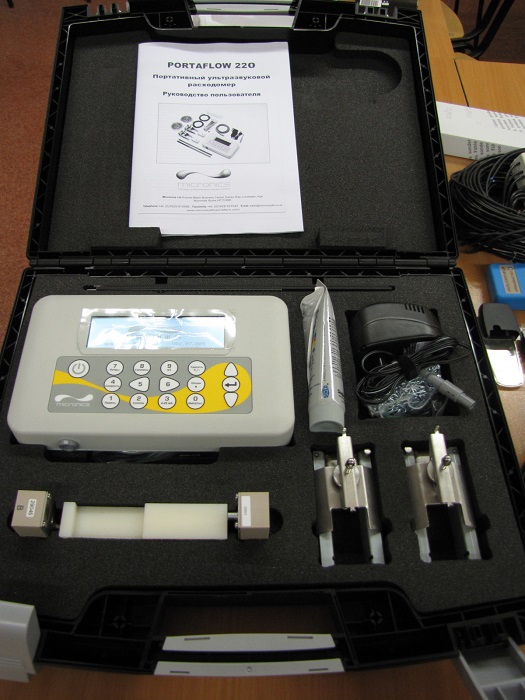
Ultrasonic thickness gauge TM8812
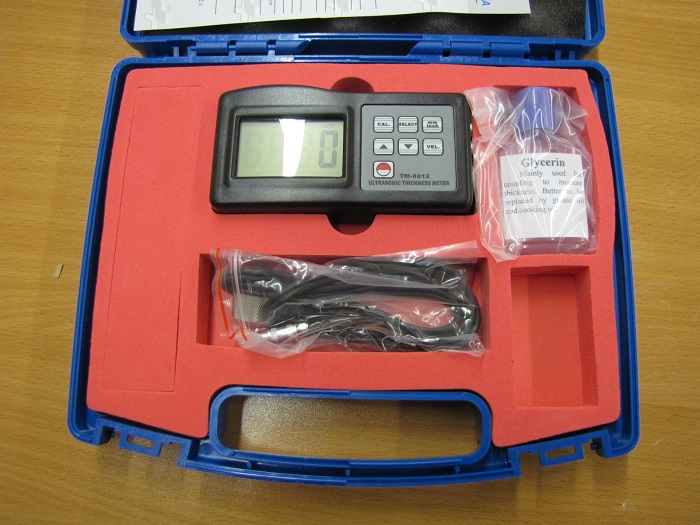
Thermohygrometer testo 625
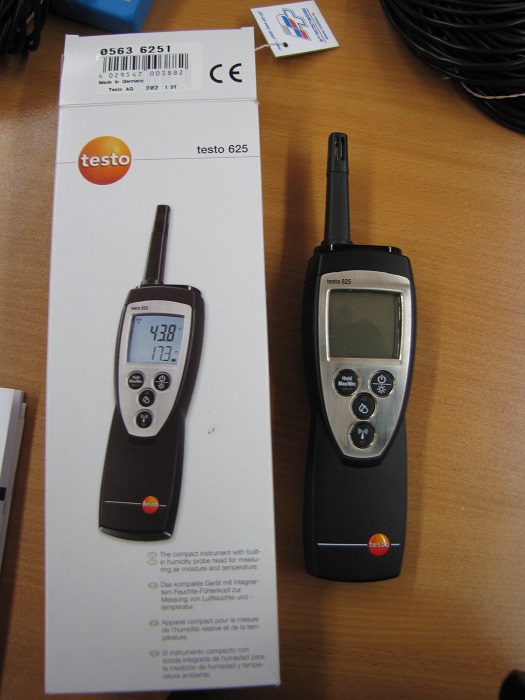
ITP-MG4.03-10 Heat flow density meter
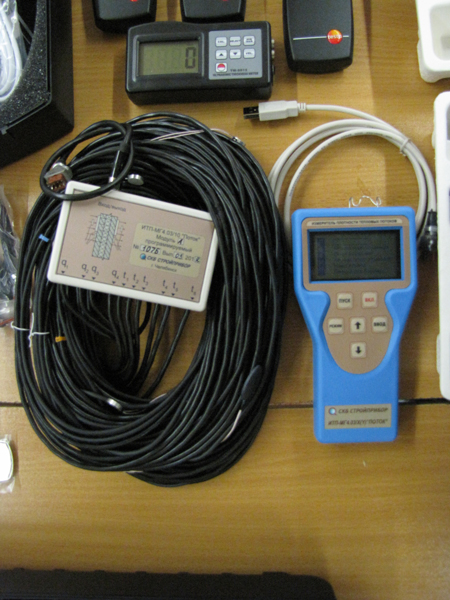
Testo 410-1 hot-wire anemometer

Loggers testo 175 H1 monitors and records temperature humidity

Thermal imager in Case TermoPro 8 case
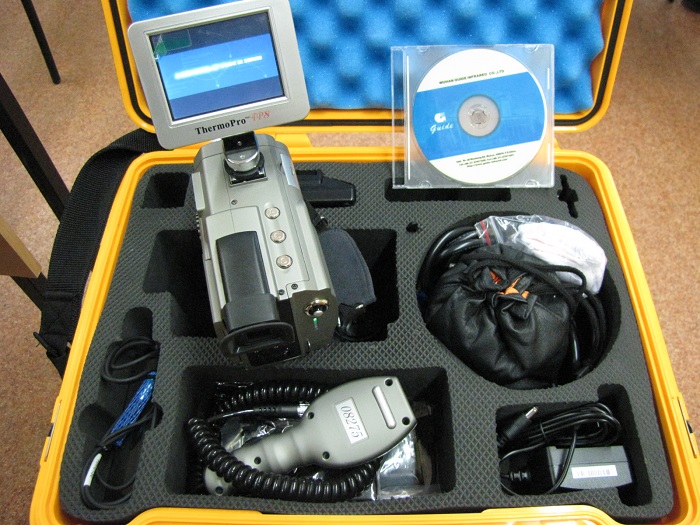
Laboratory aerodynamic installation based on a central air conditioner VEZA with a capacity of 3000 m3 / h

Laboratory complex for studying the thermophysical properties of water-containing objects by freezing and drying. The laboratory complex is designed for dehydration of frozen foods and allows you to study the statics, kinetics and dynamics of freeze-drying at atmospheric pressure


Differential scanning calorimeter DSC131 complete with additional equipment for automatic analysis of phase transition processes in wet liquid, pasty, lumpy and objects with intermediate humidity
